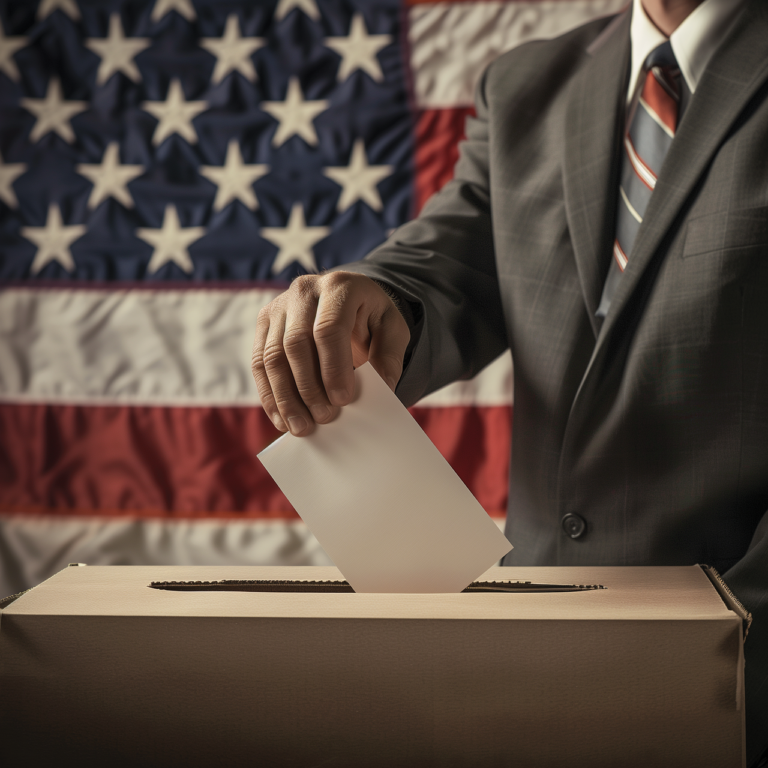Weekly Fiscal Facts are provided to Wisconsin Newspaper Association members by the Wisconsin Policy Forum, the state’s leading resource for nonpartisan state and local government research and civic education. The Wisconsin Policy Forum logo can be downloaded here.
- Download this column as a Word document
- See other WNA Member Content offerings
In 1911, Wisconsin officials created the first state income tax in the country and developed a template for financing state and local services in the state. With the enactment of the individual and corporate income taxes, the state also ended the property tax on intangible assets such as stocks, household goods, and farm equipment.
Most of the income tax collections were provided in turn to the local governments that were losing property tax revenues and the possibility of levying their own income taxes. Municipalities received 70% of the state income tax collections, counties 20%, and the state 10%, ostensibly to cover administrative costs.
Municipal officials could use the state aid to help fund an array of services that includes police, fire and ambulance services, streets, parks, libraries, and garbage collection. Increases in state aid are no longer distributed according to local need but the current payments in part still reflect this past practice.
If municipalities still received the same 70% share of state income taxes today, their state aid would be several times larger. Even if one includes federal aid that is merely received by the state and passed on to local governments, in 2015 total state aid to municipalities accounted for less than one-sixth of the value of state income taxes.
Over the past century, the state has increased its services and retained more of the income tax and state sales tax, which was created in 1962. Wisconsin’s local governments, in turn, have generally not received the authority from the state to levy either income or sales taxes.
This information is a service of the Wisconsin Policy Forum, the state’s leading resource for nonpartisan state and local government research and civic education. Learn more at wispolicyforum.org.


